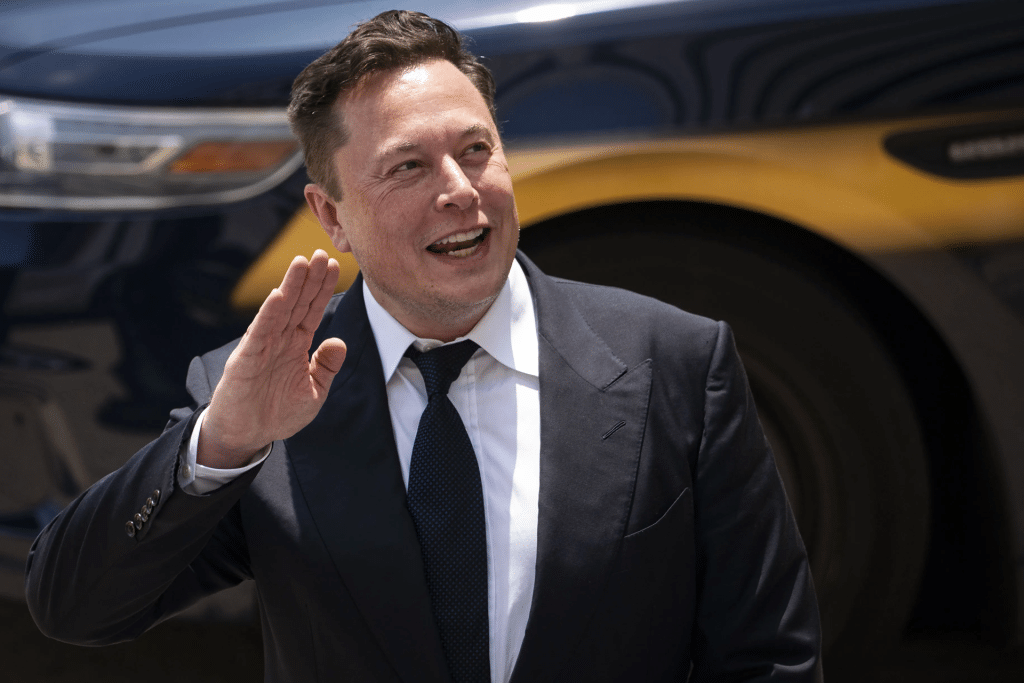While Apple TV+ invested heavily in bringing Foundation to the screen, the result has failed to capture either the philosophical depth of Asimov’s books or the cultural impact of the franchises it inspired. Compared with the way George Lucas transformed Asimov’s ideas into the cinematic galaxy of Star Wars, the adaptation feels like a missed opportunity.
Apple’s Foundation was meant to be the streaming crown jewel of literary science fiction, a saga rooted in the concept of psychohistory and the preservation of knowledge through an age of decline. Yet despite impressive production budgets, big names behind the camera, and Apple’s promotional power, the series never achieved the coherence, spectacle, or resonance that fans expected. Musk’s frustration reflects not only a personal connection to Asimov’s work but also a broader disappointment shared by viewers who hoped for a groundbreaking adaptation.
Why Musk’s Criticism Rings True
Asimov’s Foundation books are not easy material for adaptation. They are dense, spanning centuries, filled with political philosophy and few central characters. But Musk’s core point is that the Apple TV+ series failed to do justice to these themes. Instead of exploring the fragility of institutions or the responsibility of knowledge preservation, the adaptation leaned heavily on spectacle without narrative clarity. Viewers were left with a fragmented story that often substituted flashy visuals for coherent world-building.
Musk’s criticism matters because it highlights what was lost. Foundation was not meant to be another generic sci-fi epic; it was a meditation on human survival, foresight, and the inevitability of decline. When these ideas were watered down, the result was a show that looked expensive but lacked intellectual weight.
The Star Wars Comparison
George Lucas famously drew inspiration from Asimov’s vision when crafting Star Wars. While Lucas also borrowed from Kurosawa’s Hidden Fortress and mythological archetypes, the idea of a galaxy-spanning empire on the brink of decline is pure Foundation. The irony is that Lucas, working with a fraction of Apple’s streaming budget in the late 1970s, managed to create a fictional universe that feels richer, more enduring, and more emotionally gripping than Apple’s glossy series.
The difference lies in execution. Star Wars distilled complex philosophical ideas into a narrative accessible to audiences worldwide, with memorable characters, dramatic stakes, and an aesthetic that blended futurism with mythology. Foundation, despite decades of anticipation and modern resources, fell short in almost every aspect: characters lacked depth, plotlines meandered, and the emotional stakes never resonated. Musk’s criticism resonates because even casual viewers could sense that this adaptation squandered its potential.
Production Scale vs Cultural Impact
Apple TV+ reportedly poured hundreds of millions into Foundation, making it one of its most expensive projects. The production delivered visual spectacle — sprawling sets, polished CGI, and elaborate costumes. But high budgets do not guarantee cultural relevance. In contrast, Lucas’s original Star Wars had budgetary constraints that forced creativity, resulting in iconic visuals and practical effects that remain influential. The legacy of Star Wars demonstrates that ideas matter more than money. Foundation, in Musk’s view and in the eyes of many critics, focused on expense over substance.
What Foundation Should Have Been
A faithful adaptation of Asimov’s themes could have been groundbreaking. The rise and fall of empires, the preservation of knowledge, and the tension between science and politics are more relevant today than ever. Musk often cites these ideas as motivation for his push toward space exploration and AI safety — proof that Foundation still has the power to inspire. Unfortunately, the Apple TV+ series largely ignored this potential. Instead of providing viewers with a thought-provoking narrative about civilization’s fragility, it delivered a standard space opera that lacked originality.
Why Musk Is Right to Be Critical
Musk’s critique might sound harsh, but it comes from someone who has used Foundation’s ideas to frame his own long-term vision for humanity. He is right to point out that the adaptation failed where it mattered most: inspiring audiences to think about the future, about responsibility, and about the role of science in human survival. Compared with Star Wars, which carried Asimov’s influence into global culture, Foundation feels like an afterthought — a high-budget series that failed to honor the intellectual heritage it inherited.
The lesson here is simple: science fiction is not just about spectacle. It is about ideas, themes, and the ability to inspire generations. Lucas proved that inspiration could build a cultural empire. Apple’s Foundation, despite its budget, showed that without storytelling clarity, even the richest production cannot capture hearts or minds.
